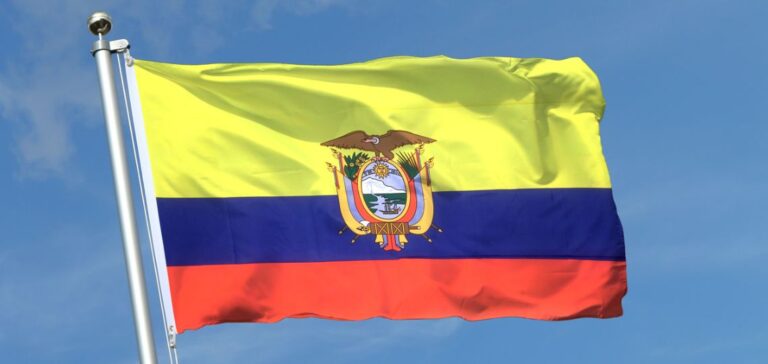Ecuador, via its Ministry of Energy, and the ENAP SIPEC subsidiary of Chile’s Empresa Nacional del Petróleo (ENAP), recently concluded a major renegotiation of an existing oil agreement.
The new agreement aims to increase oil production and reserves inEcuador’s Amazon region.
The new agreement, signed on July 15, includes an additional investment of $90 million over a period extending to 2035.
Background and Details of the Agreement
The new investment is expected to increase reserves by 5.6 million barrels of crude oil, said Antonio Goncalves, Ecuador’s Minister of Energy and Mines.
The majority of this investment, 98%, will be realized in the first five years following signature of the agreement.
This initiative is part of Ecuador’s ongoing efforts to strengthen its oil production capacity and attract foreign investment.
The Ecuadorian government has also begun cooperating with the Peruvian government on oil security and integration.
Collaboration between Ecuador and ENAP dates back to 2010, when the Chilean company signed a service contract to operate three oil blocks.
Block 46, located in the northeastern province of Orellana, is particularly noteworthy, with current production of 16,700 barrels per day (b/d).
This renegotiation is the second for this block, the first having taken place in early 2021.
Impact on Production and Reserves
As of July 18, 2024, ENAP’s total production in Ecuador stood at 28,443 b/d, according to official data.
This increase in production is crucial for the Ecuadorian economy, which is heavily dependent on oil exports.
The increase in oil reserves resulting from this investment will not only stabilize but also potentially increase national revenues from the energy sector.
Boosting production capacity through such investments is essential to meet the growing global demand for energy while supporting local economic development.
Ecuador’s proactive approach to attracting foreign investment and improving its energy infrastructure demonstrates its determination to remain competitive in the global oil market.
Analysis and future prospects
This renegotiation reflects a broader trend of re-evaluating oil agreements in the region, aimed at optimizing economic benefits while ensuring sustainable investments.
The massive initial investments in the early years testify to the confidence of stakeholders in the long-term potential of the Ecuadorian oil sector.
The cooperation between Ecuador and ENAP SIPEC could serve as a model for other similar partnerships in the region.
The focus on increasing reserves and production underlines the strategic importance of the Amazon region for the Ecuadorian oil industry.
The expected economic spin-offs should also benefit local communities through job creation and infrastructure development.
The renegotiation of this agreement represents a significant step for Ecuador in its efforts to revitalize and modernize its energy sector.
The substantial investments planned signal a period of growth and development for the country’s oil industry, while consolidating economic relations between Ecuador and Chile.






















